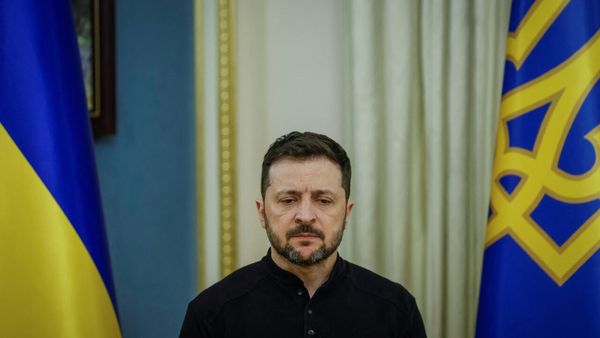
Israeli Prime Minister Benjamin Netanyahu is back in Israel after a visit to Washington where he discussed a radical Gaza plan proposed by US President Donald Trump. The nation is at a critical juncture, with the looming question of whether Israel will return to war in Gaza or uphold the ceasefire that is set to expire in just over two weeks.
During Netanyahu's absence, three Israeli hostages were released from Hamas captivity, revealing their emaciated and traumatized state. The images of the skeletal figures led to immediate comparisons to Holocaust survivors, sparking a debate within Israeli society about the lessons of the past.
While some advocate for accelerating the release of more hostages in light of the harrowing conditions faced by the freed Israelis, others emphasize Israel's resolve to never be victims again. Netanyahu has expressed a commitment to achieving 'total victory' over Hamas if forced into war, drawing parallels between historical atrocities and present-day conflicts.



The release of the hostages has also brought attention to the plight of Palestinian prisoners, with allegations of deliberate starvation and mistreatment in Israeli jails. The complex dynamics of the Israeli-Palestinian conflict are further complicated by Trump's radical proposal to control Gaza and potentially force Palestinians to leave, a move that could amount to ethnic cleansing under international law.
As Netanyahu contemplates his next steps in response to the Gaza crisis, the nation remains divided on how to navigate the delicate balance between security concerns and humanitarian considerations. The coming weeks will be crucial in determining the path forward for Israel and its relationship with Gaza.







